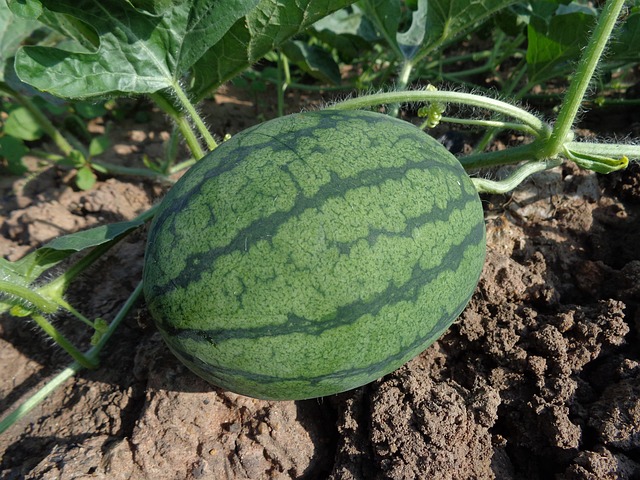Understanding the Connection Between Organic Farming and Climate Change
In the face of rising global temperatures and increasingly erratic weather patterns, the urgency to address climate change has never been greater. One often overlooked hero in this battle is organic farming. Beyond just producing healthier food, organic agriculture plays a pivotal role in nurturing the environment and helping stabilize our climate.
How Organic Farming Benefits the Environment
Unlike conventional farming methods that rely heavily on synthetic chemicals and intensive tilling, organic farming emphasizes natural processes and sustainable practices. By eschewing chemical fertilizers and pesticides, organic farming helps protect soil health, encouraging biodiversity and enhancing the resilience of ecosystems.
Healthy soils act as carbon sinks—absorbing and storing carbon dioxide from the atmosphere—thereby mitigating the greenhouse effect that drives global warming. Additionally, organic farming methods often incorporate crop rotation, cover crops, and composting, which improve soil structure and fertility without depleting natural resources.
A Climate-Smart Approach to Warming
Climate change isn’t just a problem of rising temperatures; it disrupts water cycles, accelerates soil degradation, and intensifies pests and diseases. Organic farming provides a climate-smart approach by building more resilient agricultural systems that can adapt to these challenges. By maintaining diverse crop species and healthy soils, organic farms are better equipped to withstand droughts and floods brought about by changing weather.
Moreover, organic farming typically uses less energy, reducing fossil fuel consumption linked to synthetic fertilizer production and heavy machinery operation. This leads to lower greenhouse gas emissions overall, making it a powerful tool to combat warming.
Empowering Communities Through Sustainable Choices
Choosing organic farming is more than an environmental act; it’s a commitment to sustainable living that benefits communities worldwide. Supporting organic farmers helps promote safer food systems, fosters rural development, and encourages stewardship of the land for future generations.
The ripple effects of organic farming extend beyond individual farms, contributing to the global effort to slow climate change and protect the planet’s delicate balance. Embracing organic practices aligns with the hope for a healthier environment, echoing a shared responsibility to preserve our future.




